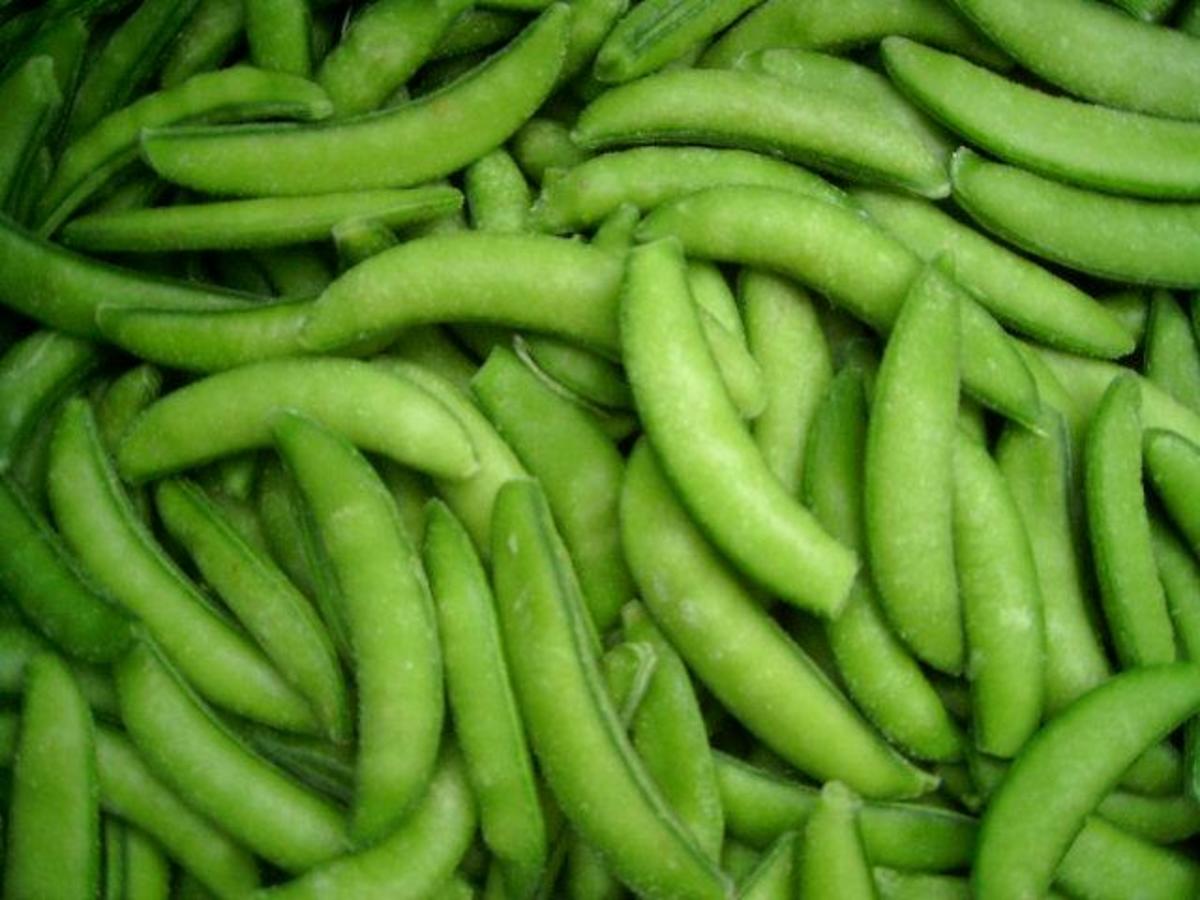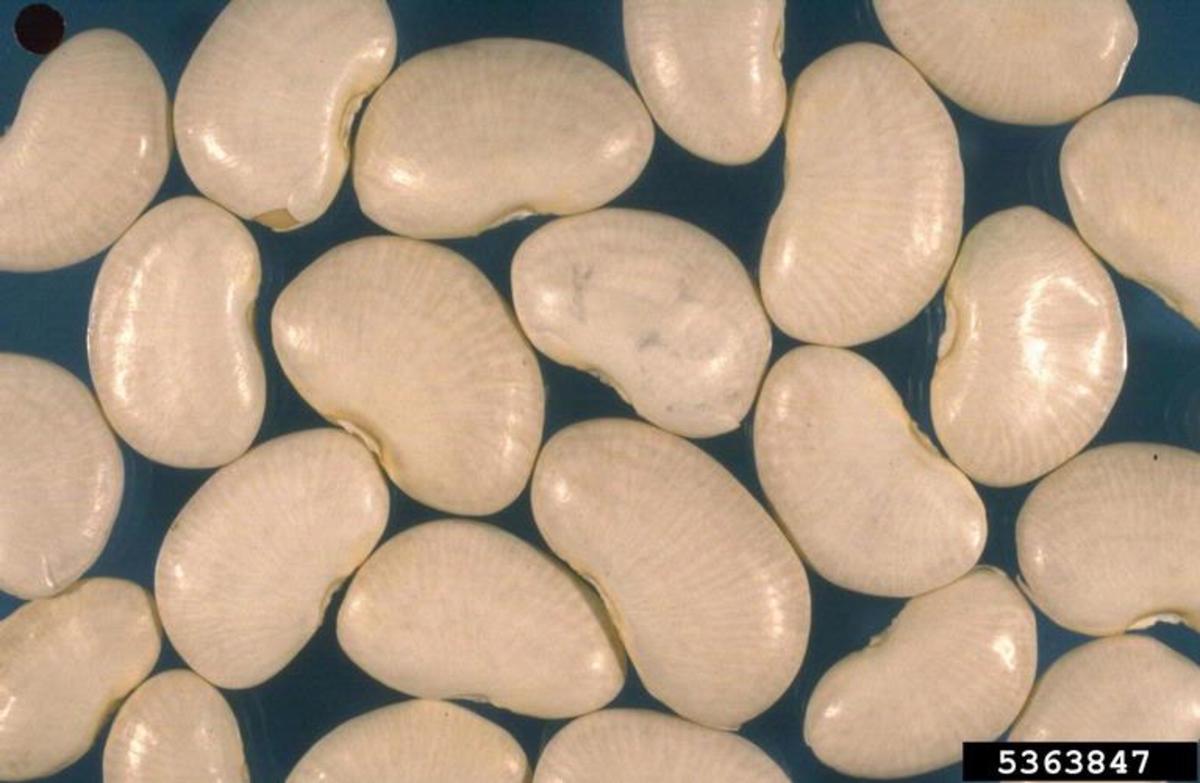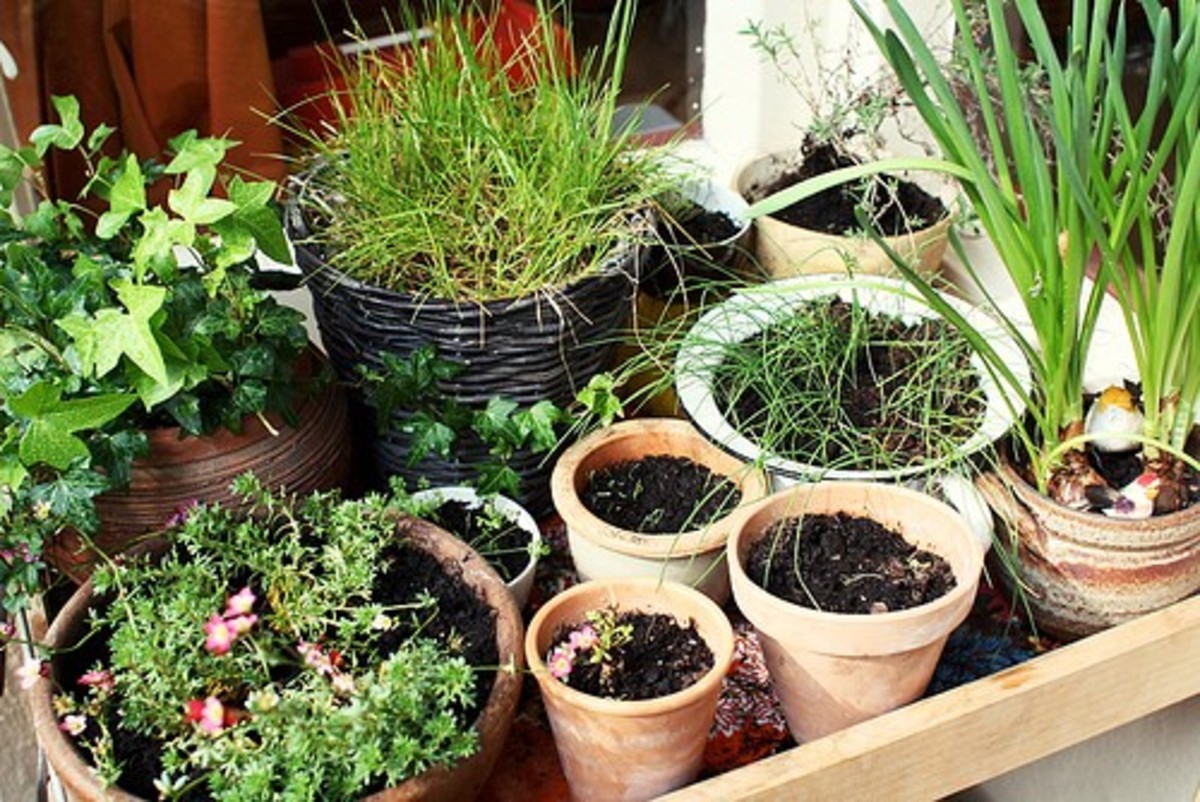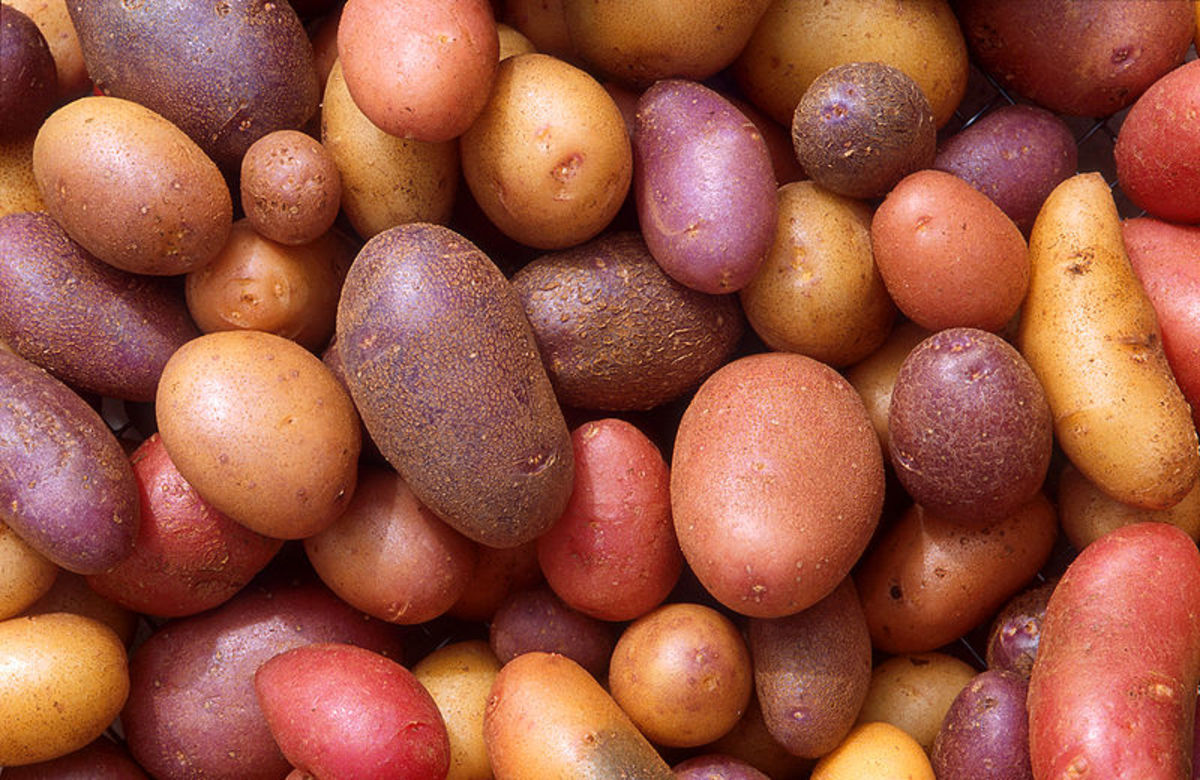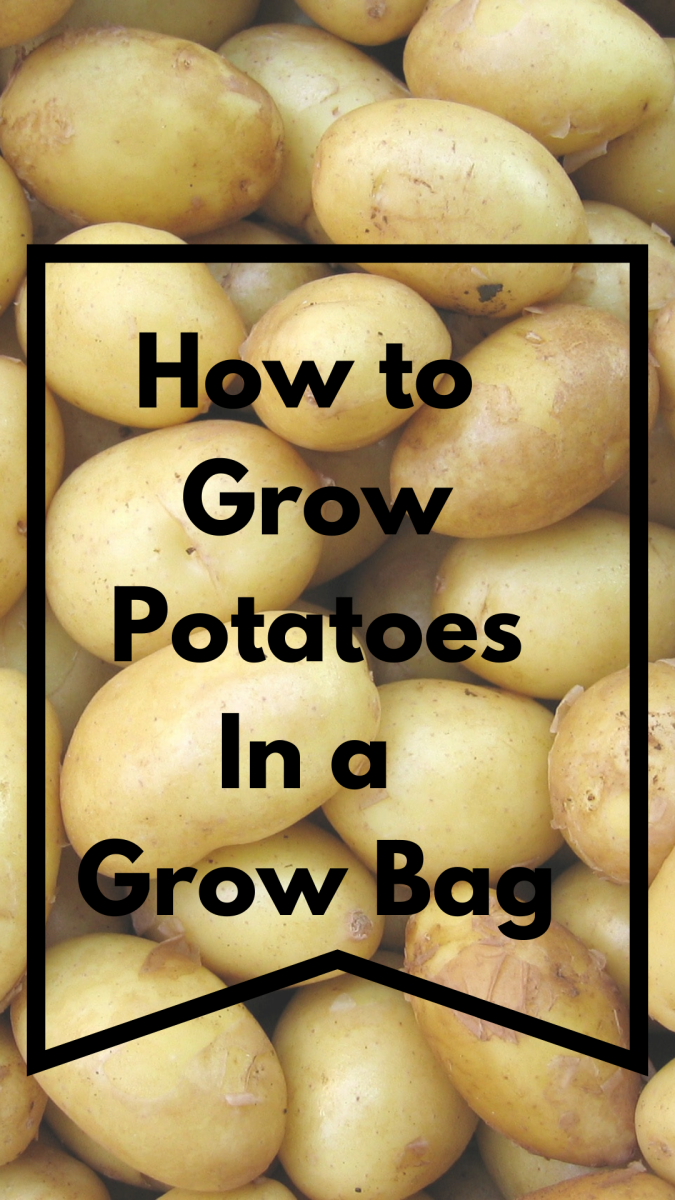Healthy Gardening: Top Ten Easy to Grow Sources of Magnesium
Magnesium is one of the most important yet under-appreciated nutrients. Studies by the National Institutes of Health have found that at least 68% of adults in the United States are likely to have a magnesium deficiency, and other studies have found that the level might be as high as 80%.
Magnesium deficiency is associated with many common health problems. The functions of magnesium in the body include relaxing nerves and muscles, building and strengthening bones, and maintaining proper blood circulation. The conditions associated with magnesium deficiency include headaches, high blood pressure, PMS, anxiety, heart arrhythmia, osteoporosis, restless leg syndrome, muscle cramps (including menstrual cramps), and more.
Although magnesium supplements are available, a much safer and tastier way to increase your magnesium levels is with food. Fortunately, a number of foods with high magnesium levels are not only delicious, but also easy to grow in home gardens!
Here are ten easy to grow sources of magnesium:

Great Gardening Books
Top Ten Easy To Grow Sources of Magnesium
- Spinach. Spinach and other members of the leafy green family of vegetables are considered to be the single most healthy type of vegetable for humans. In addition to might levels of magnesium, spinach is also an excellent source of iron, calcium, folic acid, potassium, protein, dietary fiber, zinc, vitamin A, vitamin C, vitamin E, vitamin K, and most of the B vitamins. Spinach prefers cool weather, but is easy to grow. Because the magnesium in spinach is present in highly water soluble form, it is best to eat spinach raw or in soups, rather than blanched by steaming or boiling. Blanching causes most of the magnesium to leach out of the spinach. If you don't like spinach, check out these spinach recipes to find one that will change your mind! Other leafy green vegetables that are easy to grow and make excellent sources of magnesium include kale, swiss chard, collard greens, turnip greens, and mustard greens.
- Summer squash. Summer squashes, including zucchini, crookneck squash, straightneck squash, and pattypan squash, are so easy to grow that they will take over your entire garden if you let them! They are not particularly well suited to small gardens as a result, though some varieties can be trellised to save space. In addition to being an excellent source of magnesium, summer squashes are also great sources of dietary fiber, potassium, manganese, folic acid, phosphorus, copper, and vitamins A, C, and K. Important note: if you have or are prone to certain kidney and gallbladder conditions, including kidney stones, consult your doctor before increasing your consumption of summer squash. Summer squashes contain compounds called oxalates that can crystallize in the body if present in high concentrations and cause health problems. Though unlikely to affect healthy individuals, people prone to kidney and gallbladder problems should avoid oxalates.
- Pumpkin seeds. Pumpkins not only make great pies and jack o'lanterns, their seeds are also an exceptionally nutritious snack. Lightly roasted pumpkin seeds contain high levels of magnesium, manganese, and phosphorus, and are also good sources of iron, protein, copper, zinc, vitamin K, and more. Like summer squash, pumpkins require a lot of space and are not well suited to small gardens, but they are easy to grow in areas where they can spread out and can be grown under some taller plants such as sweet corn. (In traditional American Indian agriculture, corn, beans, and squash (including pumpkins) were called the Three Sisters and were traditionally combined in the same field.)
- Broccoli. Broccoli and other members of the cruciferous family of vegetables are also considered to be some of the most healthy plants for humans to eat. Most are also very easy to grow. In addition to being a great source of magnesium, broccoli is also an excellent source of iron, vitamin K, vitamin, A, folic acid, dietary fiber,
magnesium, omega 3 fatty acids, and protein. Not only that, but a single cup of lightly steamed broccoli contains more than 200% of your daily allotment of vitamin C! If you don't like broccoli, check out these broccoli recipes for some ideas that may change your mind. Other cruciferous vegetables that are good sources of magnesium include cabbage and brussel sprouts.
- Cucumbers. Another space hog in the garden, cucumbers are easily grown on trellises, which makes them a better choice than most squashes for those with small gardens. Cucumbers are good sources of magnesium, molybdenum, potassium, dietary fiber, vitamin A, and vitamin C.
Great Veggie Cookbooks
- Green beans. Beans are nitrogen-fixing legumes, and like other legumes, they will actually improve the quality of your soil while requiring no fertilizer to grow. In fact, they are likely to grow so vigorously that they'll threaten to take over your garden, but fortunately, they are easily trained onto trellises, poles, and other vertical structures. In addition to being a fine source of magnesium, green beans are great sources of vitamins C, K, and A, manganese, iron, dietary fiber, and folic acid.
- Celery. Although many people think of celery as being mostly water and fiber, it's actually a surprisingly nutritious vegetable, a good source of magnesium, potassium, folic acid, dietary fiber, vitamin A, vitamin K, and more.
- Sunflower seeds. These large, cheery flowers are easy to grow and produce tasty and nutritious seeds. In addition to being a good source of magnesium, they also have high levels of vitamin E, vitamin B1, manganese, and more. As the seeds near ripeness, you may have to put a net over the heads to protect them from the birds, but other gardeners will enjoy the sudden burst of feathered friends a crop of ripening sunflowers is likely to produce.
- Tomatoes. One of the most popular and easy to grow garden vegetables, tomatoes are good sources of magnesium, but even better known as excellent sources of vitamin C, vitamin A, vitamin K, dietary fiber, and many more important nutrients.
- Beets. These beautifully colored veggies, mostly famous for their starring role in the delicious Russian classic soup borscht, are an especially good source of folic acid, as well as magnesium, potassium, iron, manganese, dietary fiber, iron, and more. Beets are easy to grow, but like many root vegetables prefer a deep, wide bed, preferably double dug.
Remember
Magnesium levels are highest in foods grown in soils rich in organic matter such as compost. To learn more about a few cheap and easy ways to add organic matter to your soils, read Easy Ways To Improve Your Soil.


![Local Flavors: Cooking and Eating from America's Farmers' Markets [A Cookbook]](https://m.media-amazon.com/images/I/511LEVgYpQL._SL160_.jpg)
